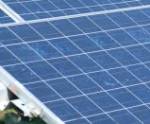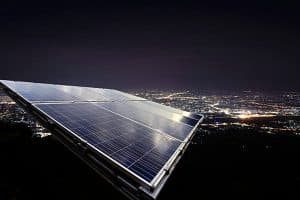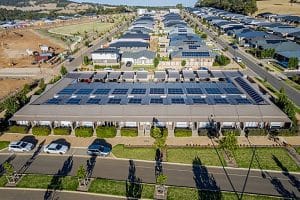One of the more drastic approaches to addressing climate change has been the concept of geoengineering, in particular ejecting particles into the upper atmosphere to cool the planet.
The idea has been based on natural incidents in the past where massive volcanic eruptions have been observed to have a cooling effect. When Mt. Pinatubo erupted in 1991, airborne sulfur reduced temperatures around the Earth for about two years following the event.
While the controversial idea has gained some support with scientists as an absolutely last ditch effort to dampen the impact of climate change, the long term effects remain unknown. However, according to the USA’s National Oceanic and Atmospheric Administration (NOAA), such a move would see reduction in electricity generation by solar farms that concentrate the sun’s energy using mirrors and lenses.
In such a scenario, for every watt of sunlight the particles would reflect away from the Earth, another three watts of direct sunlight are converted to diffuse sunlight. Flat plate and evacuated tube solar hot water systems and solar arrays based on photovoltaic panels, such as those used on home solar power systems and some solar farms, can utilise diffuse sunlight. However, large solar farms that concentrate sunlight for maximum efficiency depend solely on direct sunlight and cannot use diffuse light.
According to the NOAA, after the eruption of Mt. Pinatubo, peak power output of solar farms in California fell by up to 20 percent, even though the stratospheric particles from the eruption reduced total sunlight that year by less than 3 percent.
As solar power is one of the best hopes for moving away from fossil fuel based power generation, based on the NOAA’s findings such a drastic move to curb the effects of global warming could not only have wide ranging unknown negative consequences on the environment generally, but actually see the need for burning fossil fuel in high quantities extended.







































